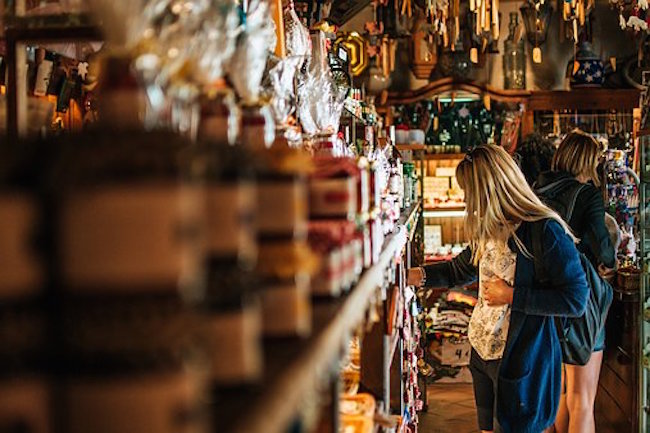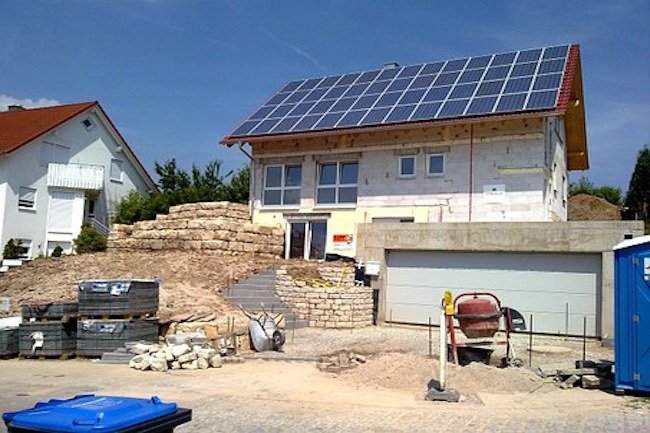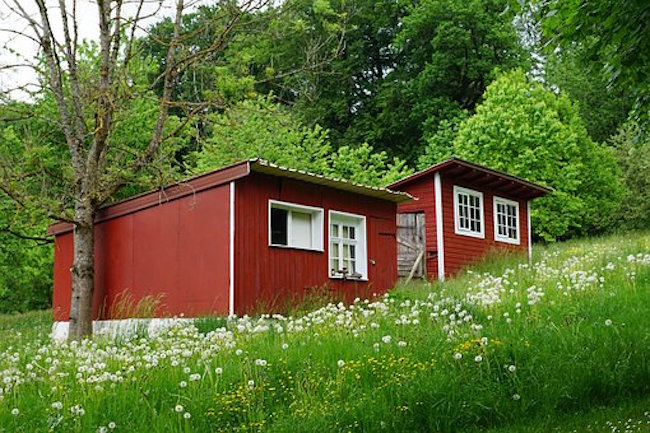Finding Community Prepping Resources by 3ADScout for Survival Blog
I’ll start by saying that most of the Prepper resources in your community will probably not be advertised or presented as Prepper or Survival resources. That isn’t to say that none will be advertised as for Preppers and Survivalist. We need to be aware that many resources that are in our community, that are Prepper or Survival related, may appeal to many people outside the Prepper or Survivalist Community. The good news in this is, that since these resources are of interest to the “mainstream,” your use of them doesn’t automatically identify you as a Prepper or Survivalist.
DEFINING COMMUNITY PREPPER RESOURCES
Community Prepper resources are classes, courses, lectures, places, and or events that provide Preppers with knowledge, skills, equipment or supplies. Some of these community resources will be very obvious but others may not. I will use the many years of working and living in my community to demonstrate various resources that you might find in yours. The Community that I live in has a county population of about 300,000 residents with about equal urban, suburban, and rural land use. What is available to you will be influenced by where you live, Urban or rural as well as other factors.
Grocery stores are obviously a community Prepper resource. But grocery stores are not the only place where you can purchase food for storage. Farmer’s markets are a great place to purchase fresh locally grown produce for canning, dehydrating or freeze drying.
AUCTIONS
Auctions are another venue that offer food in a few different ways. A few of our local weekly auctions offer processed foods like boxes of cereals, snack foods as well as other boxed or canned foods, fresh produce and of course “on the hoof” food in the form of live pigs, chickens, rabbits, goats and cows. As local farmers and gardeners start to harvest their crops, many will use the local auctions as a means to sell their food. This is a great opportunity to buy in bulk and get a very good price. For instance, I was at an auction several years ago where a dozen ears of corn were going for $2.35. There was so many lots of corn available that the price started to go down as the want for corn by those attending the auction waned. Finally, the auctioneer offered a lot of 30 dozen ears of fresh corn that I got for 35 cents a dozen.
We also have a few bulk food stores in the area where customers can scoop up deals on spices, grains, pastas, potatoes, instant milk and various dry mixes such as soups, puddings and gelatins. A couple of these bulk stores are owned and operated by the Amish and also offer products for non-electric living. I found the one Amish bulk store a great place to buy mantles for my Coleman lanterns. Another bulk food store has an annual event that hosts other homesteading type vendors and demonstrations.
Depending upon where you live this might sound almost funny but another place to buy food in your community inexpensively is right from the farm itself. We have several large potato farms where you can buy bags of fresh potatoes at great prices. We have one family farm that offers potatoes, strawberries, and asparagus. We also have many orchards locally where they will directly sell you apples, peaches, pears, cherries and even grapes.
SKILLS TO EAT UP
Buying food locally at great prices is one thing but planting and harvesting your own food is priceless. Currently we live in a city of about 100,000. We live near an arboretum that offers classes taught by Master Gardeners on backyard gardening each year. This year they are expanding this to other courses on “resilient living” such as making and using a rain barrel. We also have a community park that offers many educational programs such as bee keeping, actual classes on wilderness survival, snow shoeing and cross-country skiing as well. A nearby State Park offers courses on cast iron cooking and animal signs (tracking, basically). Besides classes, the gift shops at the parks offer some great book titles on edible plants, animal tracks, et cetera.
Look at your local parks to see if they offer any types of courses or seminars that will help you. Many will post schedules on line. I have found that most of these come with a cost but they are very reasonable and well worth the money in exchange for knowledge.




